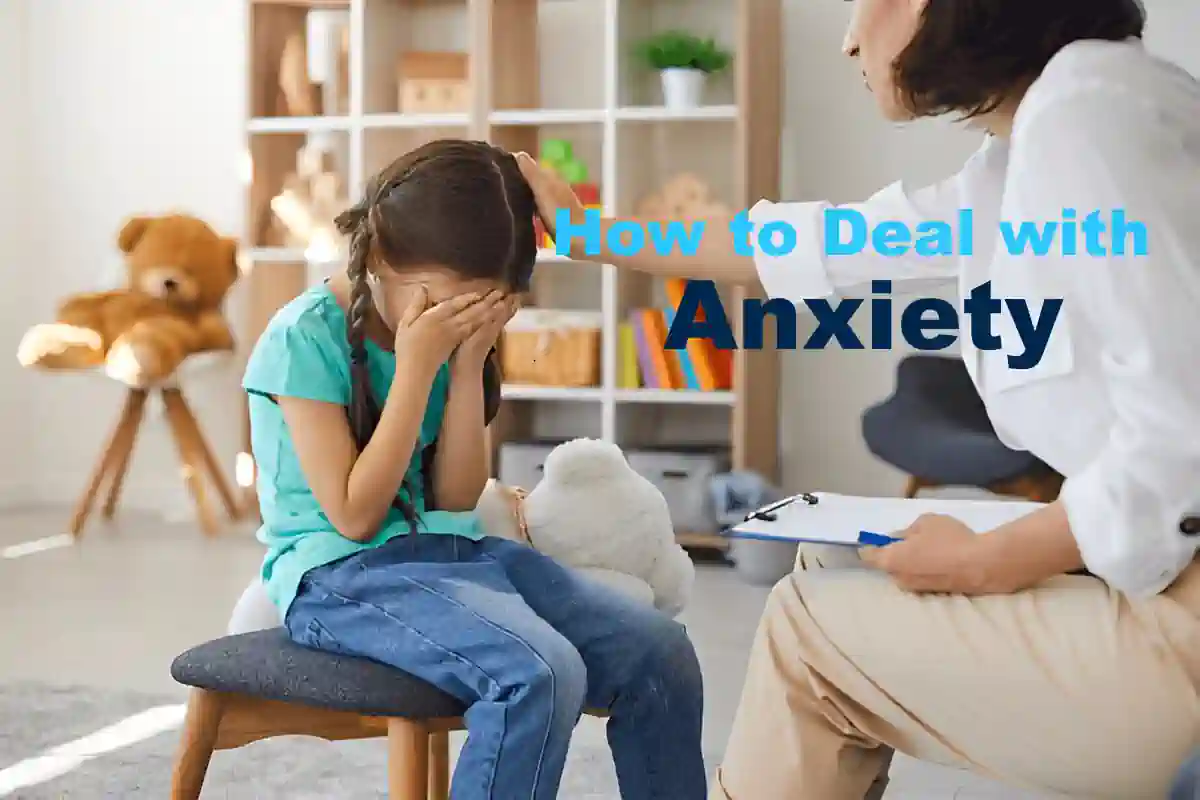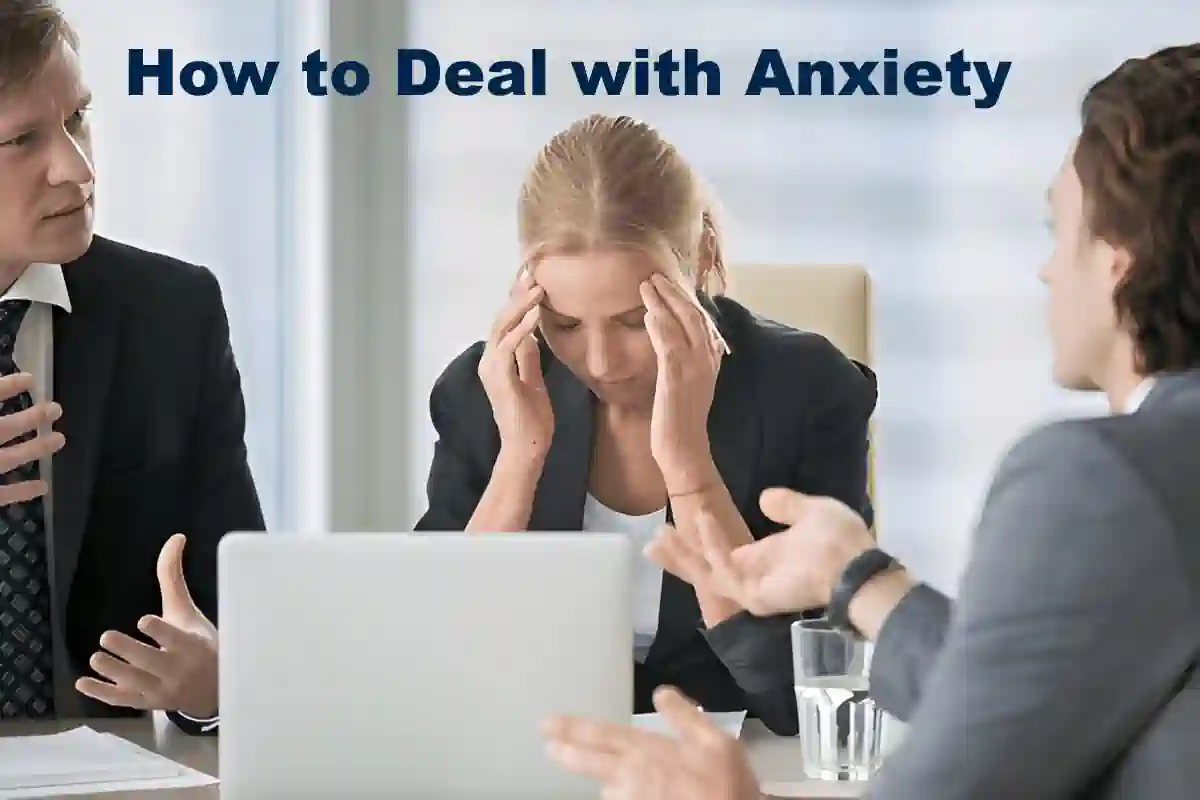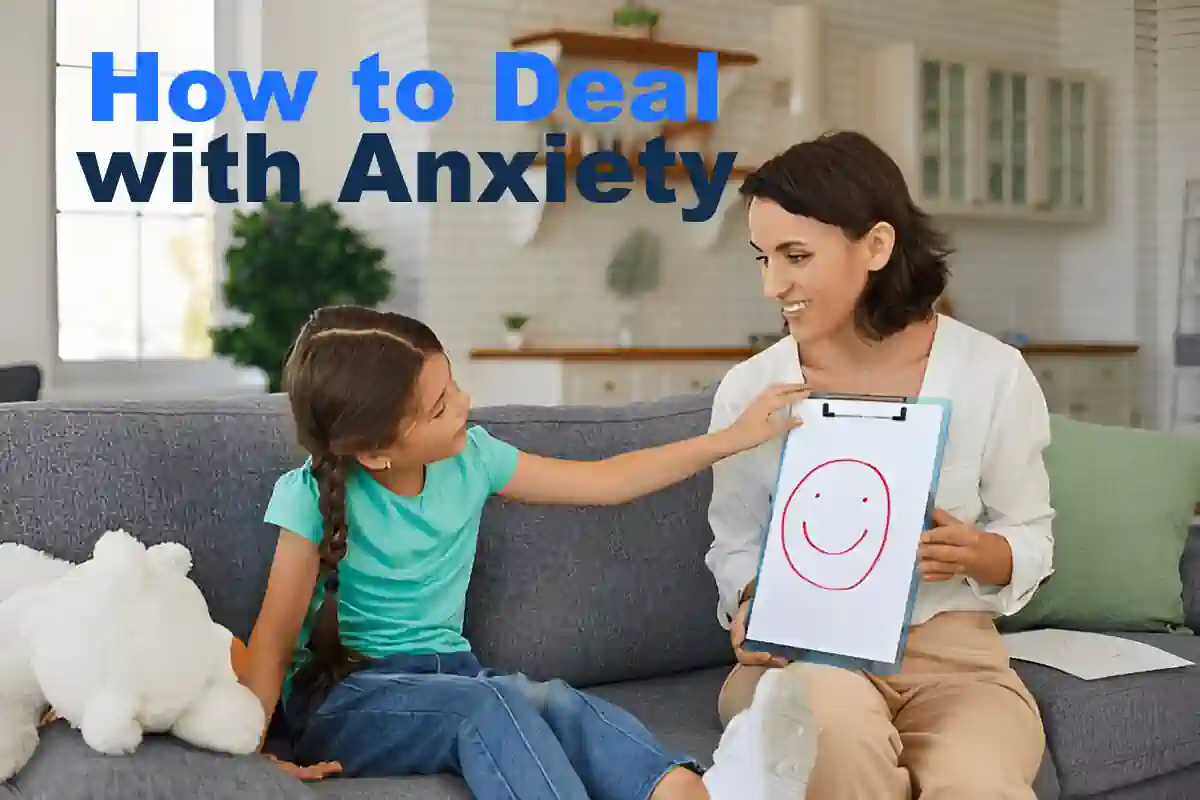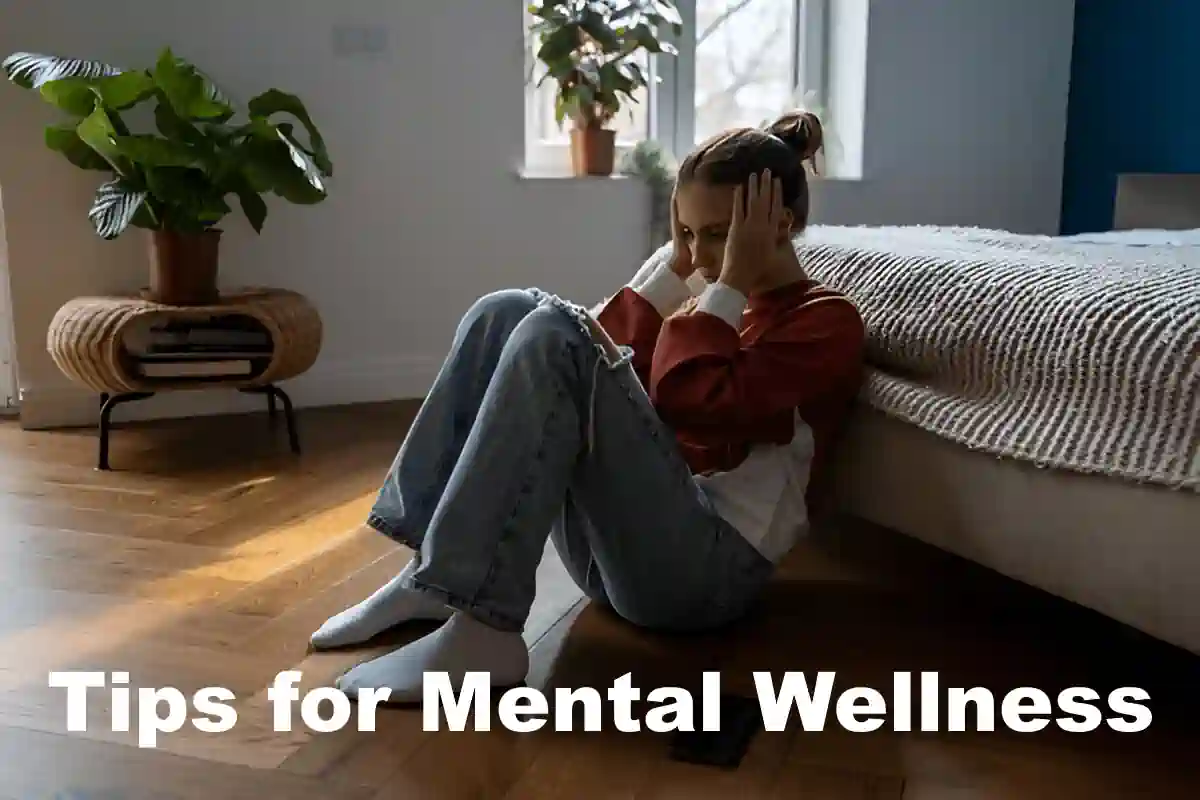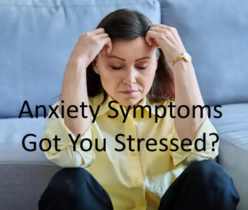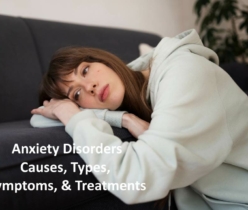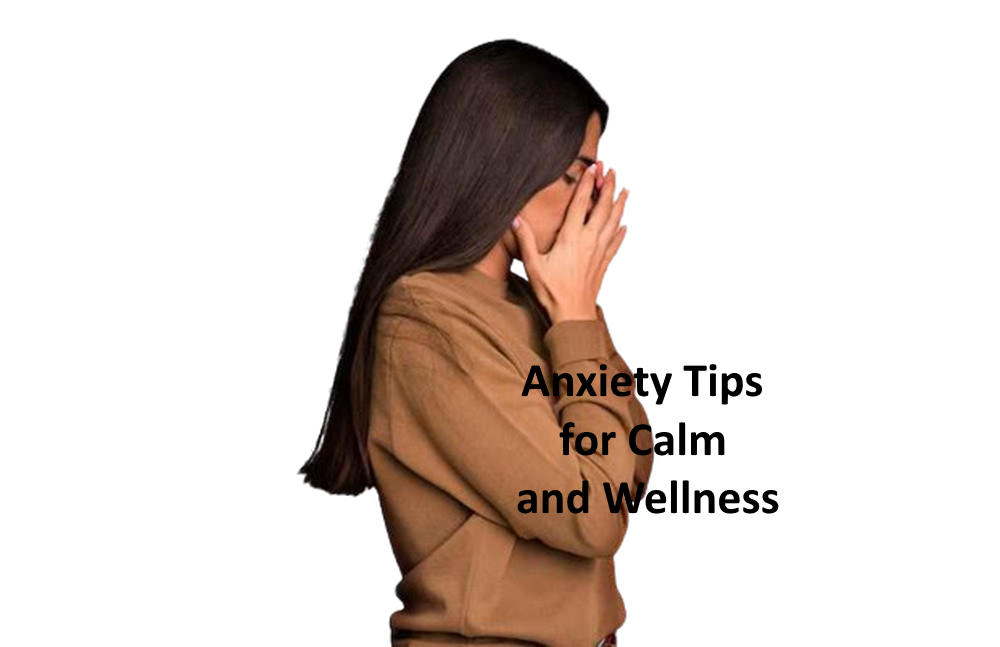Anxiety is one of the most common mental health challenges worldwide, affecting millions of people every day. While feeling anxious is a normal stress response, excessive anxiety can interfere with daily life, relationships, and overall well-being. If you’re struggling with anxiety, the good news is that there are effective ways to manage it.
This article will provide practical strategies, expert advice, and proven methods to help you learn how to deal with anxiety, reduce stress, and regain a sense of balance in your life. Whether you’re looking for self-help tips or wondering when to seek professional support, this comprehensive guide has you covered.
Understanding Anxiety: What Is It and Why Does It Happen?
Before diving into strategies to cope, it’s important to understand what anxiety is and why it happens.
What Is Anxiety?
Anxiety is a natural response to perceived threats or stress. Feelings of worry, fear, and unease characterize it. While anxiety can be helpful in certain situations—like preparing for a big presentation—it becomes problematic when it persists or is out of proportion to the problem.
Common Symptoms of Anxiety:
- Persistent worry or fear
- Restlessness or feeling on edge
- Increased heart rate
- Difficulty concentrating
- Muscle tension
- Trouble sleeping
Why Does Anxiety Happen?
Anxiety is often triggered by a combination of factors, including:
- Biological Factors: Imbalances in brain chemicals such as serotonin and dopamine can contribute to anxiety.
- Environmental Stressors: Traumatic events, financial worries, or work stress can trigger anxiety.
- Genetics: Anxiety disorders often run in families, suggesting a hereditary component.
- Cognitive Patterns: Negative thinking, catastrophizing, or perfectionism can exacerbate anxiety.
Understanding the root causes of your anxiety can help you develop effective strategies to manage it.
How to Deal with Anxiety: 10 Practical Strategies
Dealing with anxiety requires a combination of self-help techniques, lifestyle changes, and, in some cases, professional interventions. Below are ten proven strategies to help you manage anxiety effectively.
1. Practice Deep Breathing Exercises
One of the quickest ways to reduce anxiety is by practicing deep breathing. Controlled breathing helps calm your nervous system and reduces physical symptoms like a racing heart.
How to Practice Deep Breathing:
- Sit in a comfortable position.
- Inhale deeply through your nose for a count of four.
- Hold your breath for a count of four.
- Exhale slowly through your mouth for a count of six.
- Repeat for 5-10 minutes.
2. Engage in Regular Physical Activity
Exercise is a natural stress reliever that can help reduce anxiety. Physical activity releases endorphins, improves mood, and promotes better sleep—all of which can help you feel less anxious.
Tips for Getting Started:
- Aim for at least 30 minutes of moderate exercise, like walking or cycling, most days of the week.
- Try yoga or tai chi for a combination of physical movement and mindfulness.
- Choose activities you enjoy to make it easier to stick with them.
3. Limit Caffeine and Alcohol
Both caffeine and alcohol can worsen anxiety symptoms. Caffeine can increase feelings of nervousness and restlessness, while alcohol may temporarily reduce anxiety but exacerbate it in the long term.
What You Can Do:
- Replace coffee with herbal teas like chamomile or green tea.
- Limit your alcohol consumption to occasional use.
- Stay hydrated by drinking plenty of water throughout the day.
4. Practice Mindfulness and Meditation
Mindfulness involves staying present in the moment and observing your thoughts without judgment. Meditation can help you develop mindfulness and reduce anxiety over time.
How to Start:
- Download a meditation app like Calm or Headspace.
- Begin with short guided meditations, focusing on your breath or a calming mantra.
- Incorporate mindfulness into daily activities, such as eating or walking.
5. Challenge Negative Thoughts
Irrational or exaggerated thoughts often fuel anxiety. Learning to identify and challenge these thoughts can help you regain control.
Steps to Challenge Negative Thoughts:
- Write down your anxious thoughts.
- Ask yourself, “Is this thought based on facts or assumptions?”
- Reframe the thought with a more balanced perspective.
Example: Instead of thinking, “I’ll fail this presentation,” reframe it to, “I’ve prepared well, and I’ll do my best.”
6. Build a Support System
Talking to someone you trust about your anxiety can provide relief and perspective. Whether it’s a friend, family member, or therapist, sharing your feelings can help you feel less alone.
Ways to Build Support:
- Join an anxiety support group, either online or in person.
- Reach out to close friends or family members.
- Consider seeking professional counseling.
7. Create a Relaxation Routine
Incorporating relaxation techniques into your daily routine can help you manage anxiety before it escalates.
Relaxation Techniques to Try:
- Take a warm bath with calming essential oils like lavender.
- Listen to soothing music or nature sounds.
- Practice progressive muscle relaxation by tensing and relaxing each muscle group.
8. Establish a Consistent Sleep Schedule
Poor sleep can worsen anxiety, creating a vicious cycle. Prioritizing sleep hygiene can help you break this cycle.
Tips for Better Sleep:
- Stick to a regular sleep schedule, even on weekends.
- Avoid screens and bright lights an hour before bedtime.
- Create a calming bedtime routine, such as reading or meditating.
9. Use Grounding Techniques During Panic Attacks
If anxiety escalates into a panic attack, grounding techniques can help you regain control.
A Simple Grounding Exercise: The 5-4-3-2-1 Method
- Name 5 things you can see.
- Name 4 things you can touch.
- Name 3 things you can hear.
- Name 2 things you can smell.
- Name 1 thing you can taste.
10. Seek Professional Help When Needed
If anxiety is significantly interfering with your life, consider seeking help from a mental health professional.
Treatment Options:
- Cognitive-behavioral therapy (CBT): Helps identify and change negative thought patterns.
- Medication: Anti-anxiety medications may be prescribed in severe cases.
- Group Therapy: Provides a supportive environment to share experiences and learn coping strategies.
Lifestyle Changes to Support Anxiety Management
In addition to the strategies above, certain lifestyle changes can enhance your ability to deal with anxiety over the long term.
1. Eat a Balanced Diet
Certain foods can help reduce anxiety by supporting brain health. Include foods rich in omega-3 fatty acids, magnesium, and B vitamins, such as salmon, leafy greens, and nuts.
2. Practice Gratitude
Keeping a gratitude journal can shift your focus from worries to positive aspects of your life. Write down three things you’re grateful for each day.
3. Set Realistic Goals
Breaking large tasks into smaller, manageable steps can reduce overwhelm and help you feel more in control.
Frequently Asked Questions (FAQ)
Q: Can anxiety go away on its own?
Mild anxiety may improve with lifestyle changes and self-help strategies. However, chronic or severe anxiety often requires professional treatment.
Q: Are there natural remedies for anxiety?
Yes! Techniques like deep breathing, exercise, mindfulness, and calming herbs like chamomile and valerian root, can help manage anxiety naturally.
Q: How can I stop overthinking?
Practice mindfulness, challenge negative thoughts, and redirect your focus to constructive activities. Cognitive-behavioral therapy (CBT) can also help.
Q: How do I know if I need therapy for anxiety?
If anxiety is interfering with your daily life, relationships, or ability to function, it’s time to seek professional help.
Conclusion
Anxiety can feel overwhelming, but it’s important to remember that you’re not alone. By implementing the strategies outlined in this article, you can take significant steps toward managing your anxiety and improving your mental well-being. Whether you start with deep breathing, mindfulness, or seeking professional support, every step counts.
Take control of your anxiety today and start living the balanced, fulfilling life you deserve.


